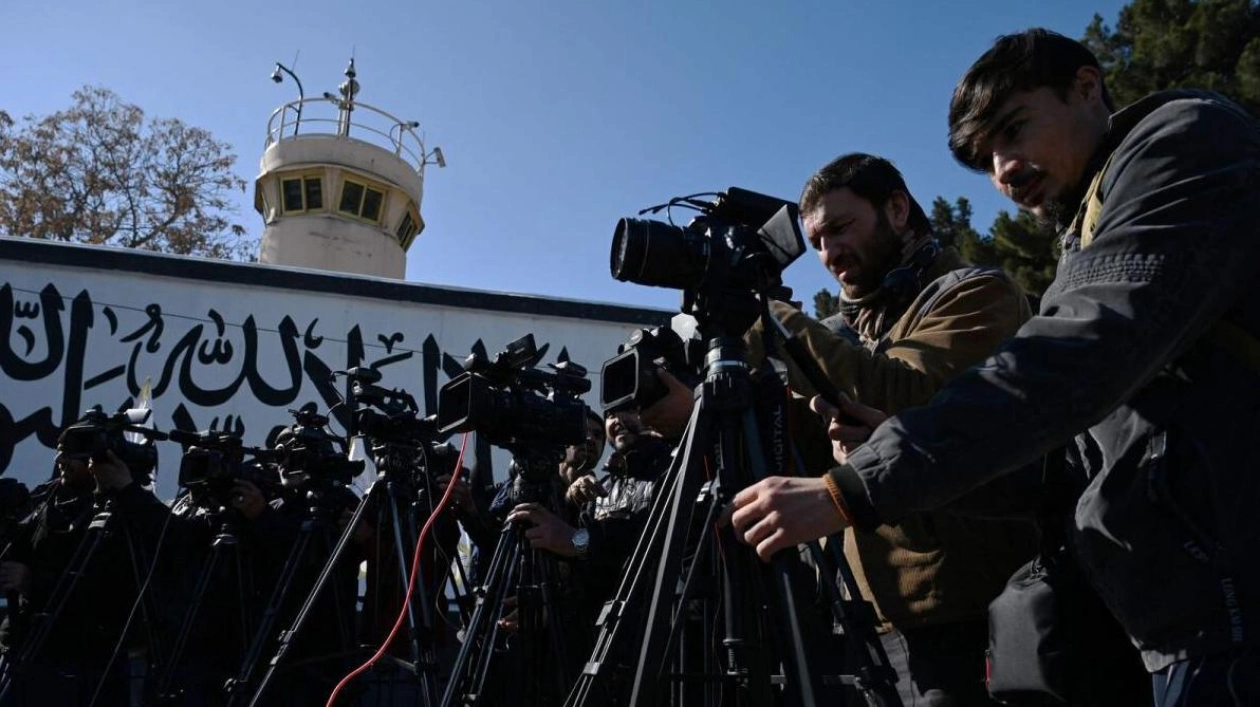Afghan journalists have documented numerous instances of abuse by government officials, including torture and arbitrary detention, alongside increased censorship since the Taliban regained control. Reporters claim they are often detained for covering militant attacks or writing about women's rights issues, with some even reporting confinement alongside Daesh fighters.
"No other profession has faced such humiliation," lamented a journalist from the north, recently detained and beaten. "My colleagues and I no longer wish to continue in this field. New restrictions are imposed daily," he told AFP on condition of anonymity for security reasons. "If we report on attacks or women's issues, we risk threats, summons, or detention."
Following the Taliban's takeover in 2021, Afghanistan's media landscape has drastically shrunk. From an initial 8,400 media employees, including 1,700 women, only 5,100 remain, with 560 being women, according to industry sources. A journalist association official, Samiullah, who requested anonymity for safety, reported around 450 cases of violations against journalists since the regime change, including arrests, threats, arbitrary detention, physical violence, and torture.
The Taliban authorities have yet to respond to multiple requests for comment. However, Deputy Minister of Information Hayatullah Muhajir Farahi stated that media are permitted to operate as long as they adhere to "Islamic values, the national interest, culture, and traditions." New regulations in September mandated that political talk shows select guests from a Taliban-approved list, avoid government criticism, and pre-record shows for content review.
State-run RTA has banned women from working as journalists, and in Helmand province, women's voices are prohibited on TV and radio. Journalists face ongoing surveillance on social media and practice self-censorship. The Afghanistan International channel accused Kabul of jamming its frequencies in September. A recent law promoting virtue and preventing vice, which enforces strict Islamic law, has heightened journalists' concerns, despite assurances from authorities.
Samiullah from the journalist association noted a rise in abuse cases: two or three in July, 15 or 16 in August, and 11 in September. "While the Ministry of Information assures us of improvements, the behavior of intelligence officers in the provinces remains harsh," he said. Meena Akbari, a former Khurshid TV journalist who fled in 2021 due to security threats, still receives death threats and requires psychological support. French-Afghan journalist Mortaza Behboudi, arrested in 2023 for "espionage," endured 10 months of detention and torture in Kabul.
Economic hardships have forced dozens of media outlets to close, pushing Afghanistan from 122nd to 178th out of 180 countries in the Reporters Without Borders press freedom ranking. RSF reported that journalists were often detained briefly with Daesh detainees, a tactic used to psychologically break them. A new law in preparation aims to regulate media operations, further alarming journalists who feel isolated and defenseless.






